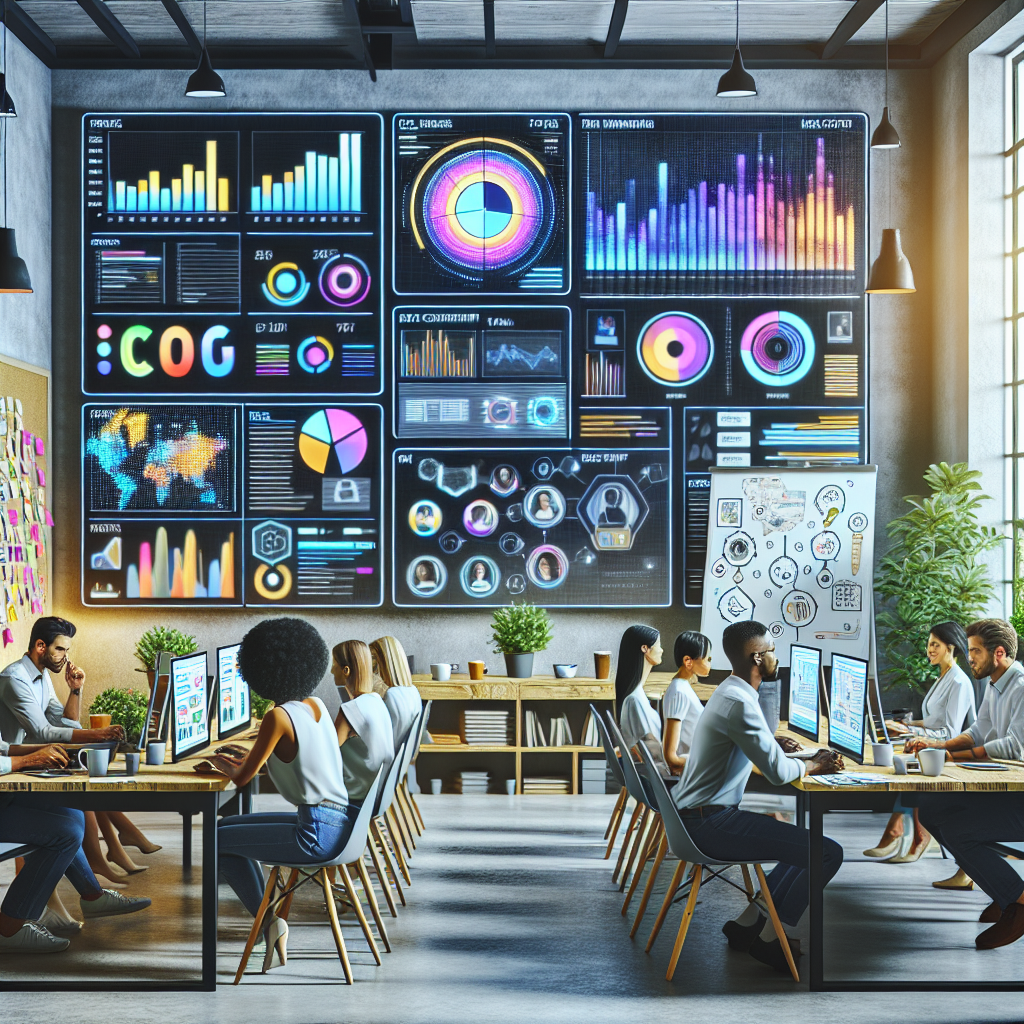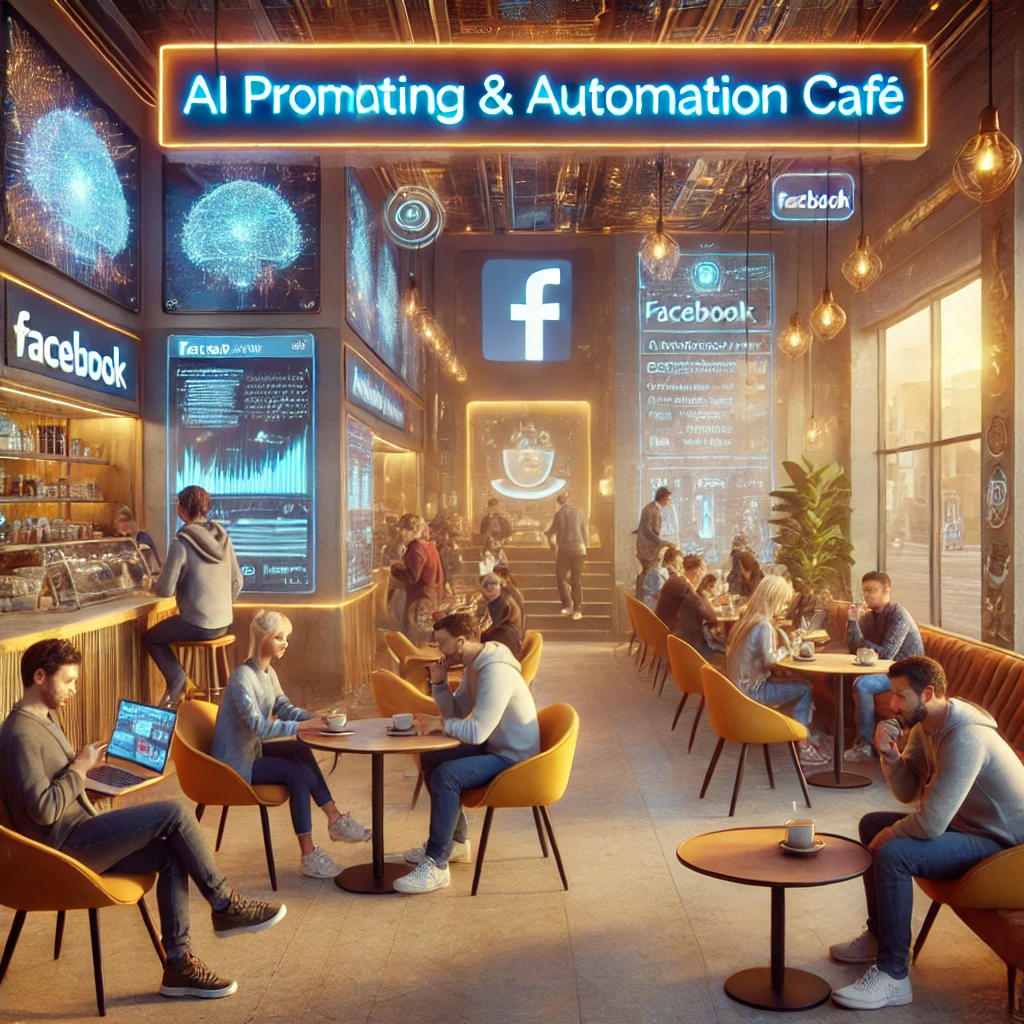The Rise of Artificial Intelligence in the Marketing Landscape
Artificial Intelligence (AI) is no longer just a buzzword—it’s a transformational force reshaping the digital marketing and SEO landscapes. Businesses around the world are leveraging AI tools and technologies to automate processes, deliver personalized experiences, and gain actionable insights from massive amounts of data. This technological wave is ushering in a whole new era where traditional marketing strategies are being replaced with intelligent, data-driven approaches.
Why Businesses Are Turning to AI
The marketing world is driven by data—consumer behavior, market trends, user intent—and AI excels at interpreting data at scale. From predicting customer preferences to automating highly-targeted campaigns, AI is empowering businesses to:
- Improve return on investment (ROI) by efficiently allocating budgets and resources
- Enhance customer experiences with real-time personalization
- Streamline operations through smart automation tools
- Gain deeper insights through predictive analytics and enhanced reporting
AI-Driven Personalization in Marketing
One of AI’s most significant impacts is the ability to deliver hyper-personalized marketing experiences. Using machine learning algorithms, AI can analyze user preferences, buying behaviors, search histories, and even social interactions to tailor content that resonates individually with each prospect.
Dynamic Content and Product Recommendations
AI algorithms can dynamically adjust website content based on user behavior in real-time. This includes:
- Personalized email campaigns with tailored subject lines and content
- Product recommendations based on past purchases or abandoned carts
- Targeted ads that match a user’s browsing activity or demographic data
Such levels of personalization not only increase engagement but also drive conversions and customer loyalty. Consumers now expect relevant experiences, and AI makes it possible to deliver those at scale.
AI and Automation: Driving Efficiency in Marketing Campaigns
AI-powered tools are revolutionizing how marketers manage their daily workflows. By automating repetitive tasks such as email marketing, social media posting, and pay-per-click (PPC) campaign optimization, businesses can significantly cut down time and costs.
Chatbots and Conversational AI
AI-powered chatbots are perhaps the most visible form of AI in customer engagement. They provide:
- 24/7 customer support with instant answers to frequently asked questions
- Lead qualification by collecting and analyzing user intent data
- Personalized communication strategies that adapt based on customer behavior
Moreover, Natural Language Processing (NLP) allows these bots to understand tone and context, offering more human-like conversations and reducing the burden on support teams.
AI in SEO: Unlocking Search Potential
Search engine optimization (SEO) has evolved dramatically with the advent of AI. Traditional approaches focusing only on keywords and backlinks are giving way to more sophisticated, AI-assisted strategies that consider user intent, content relevance, and technical performance.
Content Optimization with AI
AI tools such as Clearscope, Surfer SEO, and MarketMuse use data from top-performing pages to help marketers optimize content effectively. These platforms:
- Analyze keyword opportunities based on search trends and competition
- Evaluate content readability and structure for higher engagement
- Provide SERP analysis to uncover what competitors are doing right
By aligning content more closely with what users are actually searching for, AI helps marketers climb higher in rankings and attract the right audience.
Voice Search and Semantic SEO
The rise of voice assistants like Siri, Alexa, and Google Assistant has fueled the growth of voice search. AI is critical in helping optimize content for voice-based queries, which are conversational in nature and often longer than traditional text searches.
To capitalize on this trend, marketers should:
- Focus on long-tail keywords and question-based queries
- Create FAQ sections that align with voice search behaviors
- Structure content for featured snippets to enhance visibility in voice results
Predictive Analytics and Customer Insights
One of AI’s most powerful functionalities is predictive analytics. By analyzing historical data, AI can forecast future trends—allowing marketers to make informed, proactive decisions.
Enhancing Campaign Strategy
With predictive analytics, businesses can:
- Anticipate customer needs and deliver relevant content before it’s even searched for
- Identify high-value leads and tailor nurturing campaigns accordingly
- Determine the best times to launch campaigns based on user behavior trends
These insights allow for more precise targeting and reduced waste, resulting in significantly better marketing performance.
AI Tools Empowering Modern Marketing Teams
The AI revolution is fueled by advanced tools designed to simplify complex marketing tasks. Businesses of all sizes now have access to platforms that democratize AI—even without in-house expertise.
Top AI Tools Making a Difference
Some widely adopted AI marketing tools include:
- HubSpot – Combines CRM and AI-powered workflows for email and sales automation
- Jasper.AI – Generates intelligent, long-form content in seconds
- ChatGPT – Used for idea generation, chatbot functionality, and content creation
- Hootsuite + AI integrations – Automates social media content planning and engagement
- Google’s RankBrain and BERT – Enhance search query understanding to serve more relevant results
These tools allow marketing teams to work faster, create smarter strategies, and focus more on creativity and innovation rather than mundane operations.
Ethical Considerations and Challenges
Despite its vast potential, AI also brings ethical challenges. Mistargeting, data privacy issues, and algorithmic bias are all areas where businesses must tread carefully. Companies need to find a balance between data-driven personalization and consumer trust.
Key areas to monitor include:
- Data transparency – Clearly communicate how customer data is being used
- Bias-free algorithms – Ensure inclusive training data and continuous auditing
- User consent – Respect privacy and adhere to policies like GDPR
The Future of AI in Marketing and SEO
As AI technologies continue to evolve, their influence on marketing and SEO will undoubtedly deepen. We can expect more intuitive interfaces, better predictive analytics, and greater use of augmented reality (AR) and virtual reality (VR) in ad personalization.
Marketers who embrace AI are not just keeping pace—they’re setting the direction. By leveraging the possibilities offered by AI, businesses can stay ahead of competitors, deliver exceptional value to customers, and achieve scalable growth with precision.
Steps to Get Started
For companies exploring AI-powered marketing, here’s a roadmap to begin:
- Audit current marketing processes to identify areas ripe for automation
- Invest in AI tools aligned with business goals and customer journey stages
- Train marketing teams to leverage AI insights effectively
- Focus on ethical usage to build trust and maintain regulatory compliance
Conclusion
AI is revolutionizing the marketing world, bringing smarter, faster, and more personalized strategies to the forefront. As businesses continue to adapt and innovate, those who integrate artificial intelligence into their marketing and SEO efforts will undoubtedly secure a competitive edge in the digital future.
By embracing this shift today, your business can reap the benefits tomorrow—from enhanced customer experiences to exponential growth across channels.






